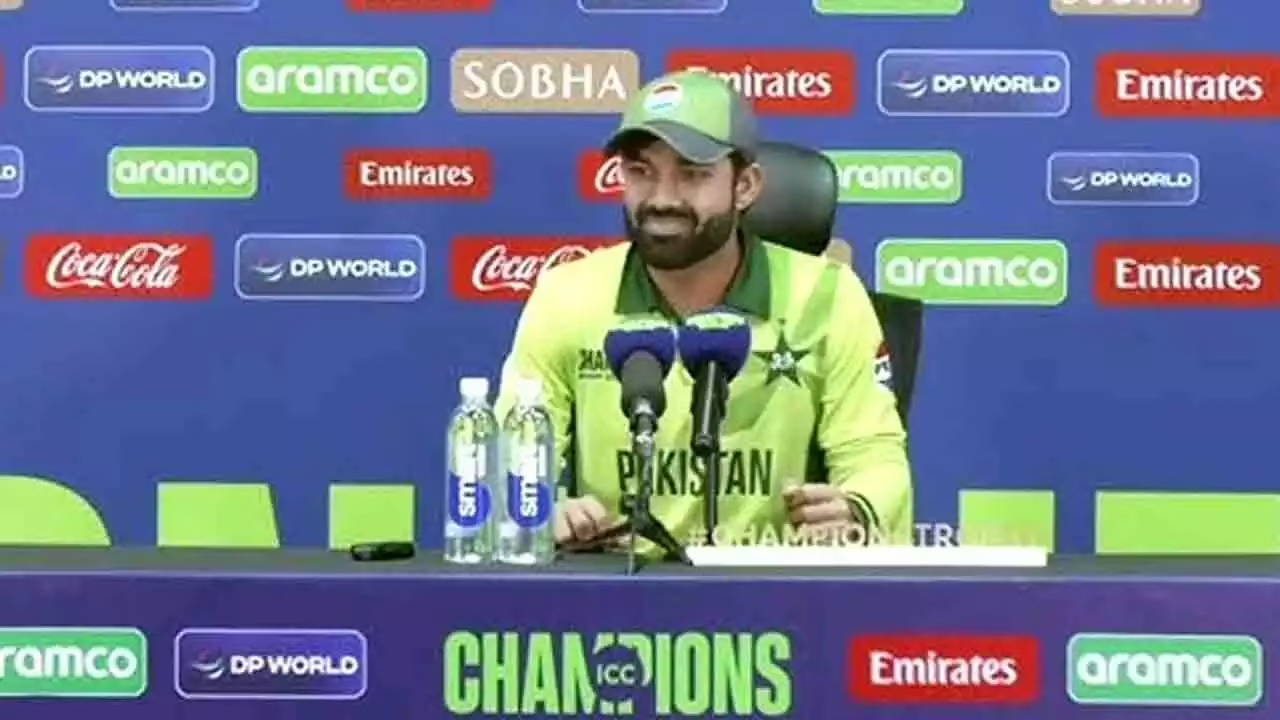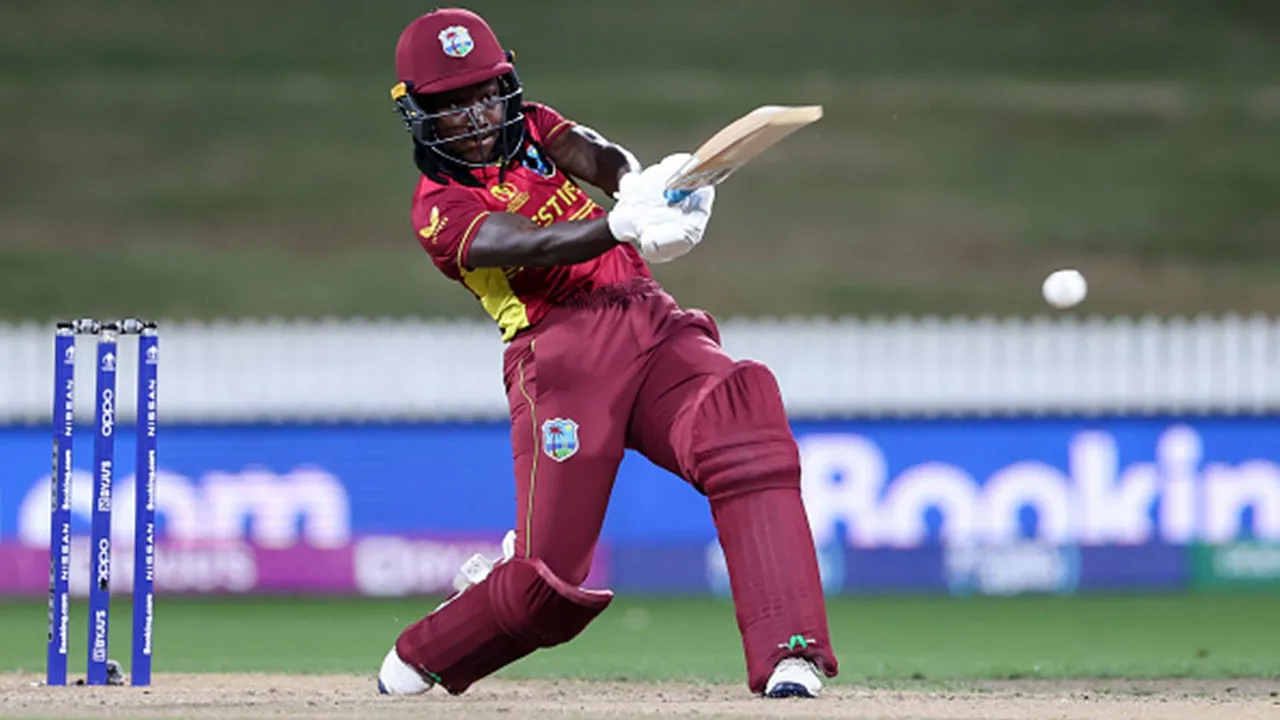England secured a commanding 3-0 series whitewash over the West Indies with a 10-wicket victory within three days in the third Test at Edgbaston on Sunday. Here are five critical talking points from the series:
Life After Anderson
The decision to end James Anderson’s illustrious career, with a record 704 Test wickets, was challenging for England. The 41-year-old was reluctant to retire voluntarily, prompting England’s management to persuade him to step down after the series opener at Lord’s. This came shortly after Stuart Broad’s retirement post last year’s Ashes. However, Surrey’s Gus Atkinson shone in his debut series, claiming 22 wickets, while Mark Wood’s blistering pace earned him a crucial five-wicket haul at Edgbaston, propelling England towards victory.
Smith Stars with Bat and Gloves
England opted for Jamie Smith as their wicketkeeper, moving past veterans Jonny Bairstow and Ben Foakes. Despite often playing as a specialist batsman at Surrey, Smith’s competent wicketkeeping and aggressive lower-order batting impressed. He scored a swift 70 on debut at Lord’s and an outstanding 95 at Edgbaston, showcasing his potential as a genuine wicketkeeper-batsman.
Stokes Back as a Fully-Fledged All-Rounder
Captain Ben Stokes’ decision to undergo knee surgery has revitalized his all-round capabilities. His dynamic bowling, featuring late reverse-swing, complemented his explosive batting, including a record 24-ball fifty that secured England’s win at Edgbaston.
England Refines ‘Bazball’ Approach
England demonstrated a more adaptable ‘Bazball’ strategy, showing resilience and patience when needed. This was evident when they recovered from 54-5 to post 376 all out in their first innings at Edgbaston. Joe Root led the revival, scoring 87 runs and amassing 291 runs across the series at an average of 72.75, reaffirming his mastery.
West Indies’ Form a Worry
The West Indies’ swift defeat in 10 days out of the scheduled 15 is alarming for the global cricket community. The struggles of batsman Kirk McKenzie contrasted sharply with the participation of stars like Nicholas Pooran, Rovman Powell, and Shimron Hetmyer in England’s Hundred tournament, highlighting the disparity among Test teams. Wealthier nations such as India, England, and Australia could offer more support to teams like the West Indies and Pakistan without significant financial strain. Adjusting tour schedules to allow for better preparation, such as playing a Test in similar conditions in Ireland before facing England, is feasible. However, the question remains: does cricket have the will to implement these solutions?



